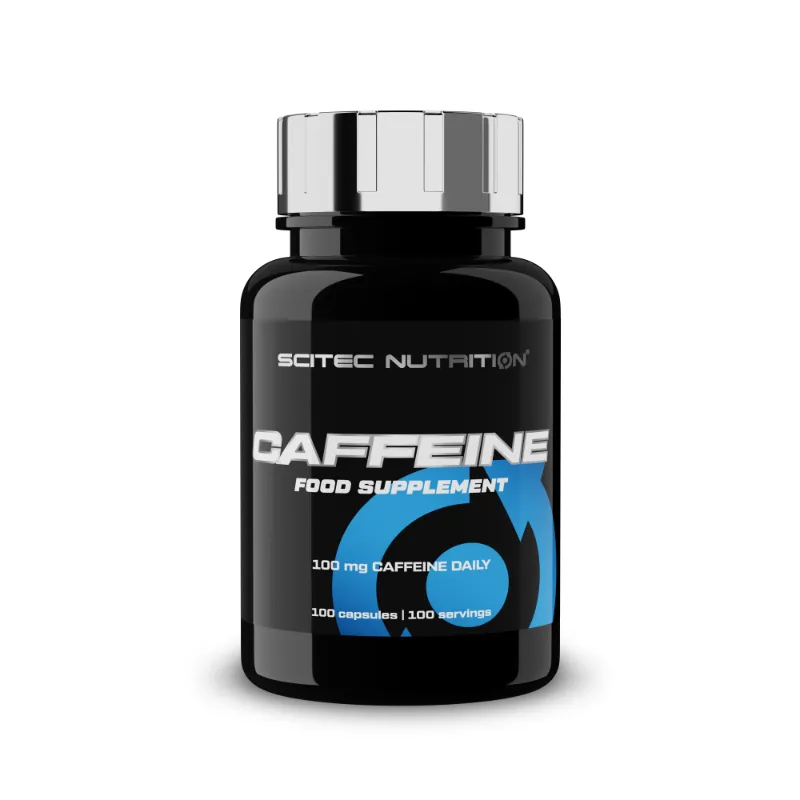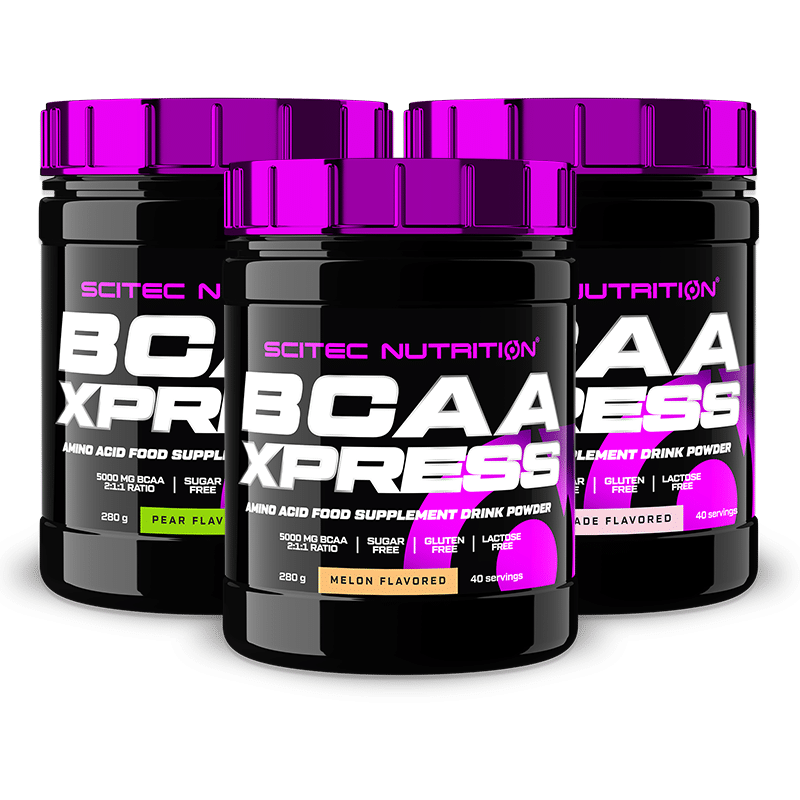Caffeine tablets have become increasingly popular in recent years as a convenient way to boost alertness and energy levels. With hectic schedules and demanding lifestyles, many individuals turn to caffeine tablets as a quick and portable source of stimulation. Whether it’s to kick-start a busy workday, enhance athletic performance, or stay awake during long study sessions, caffeine tablets have found their place in the lives of many.
One of the critical aspects of using caffeine tablets effectively is understanding how long it takes for them to work. The onset time of caffeine tablets can vary from person to person and depends on several factors. Knowing when you can expect to feel the effects is essential for making informed decisions about when to take them. Whether you’re looking for a quick energy boost, improved focus, or enhanced physical performance, timing matters when it comes to caffeine tablets.
In this comprehensive blog post, we aim to shed light on the intriguing world of caffeine tablets, specifically focusing on the timing of their effects. Our primary goal is to provide you with a clear understanding of how caffeine tablets work, how long it typically takes for them to kick in, and the various factors that can influence their onset.
Whether you’re a seasoned caffeine tablet user looking to optimize your timing or someone considering them for the first time, this guide will equip you with the knowledge you need to make informed choices about caffeine tablet consumption. We’ll explore the science behind their activation, potential benefits, and even the risks associated with their use. By the end of this post, you’ll be better prepared to harness the power of caffeine tablets effectively and safely.

Do you need a supplement that can help you boost energy? Find caffein tablets here.
Caffeine tablets are a popular form of caffeine supplementation that deliver a controlled dose of caffeine in a convenient, easy-to-swallow format. These tablets typically contain synthetic or natural caffeine, which is the same stimulant found in coffee, tea, and various other beverages and foods. Caffeine is known for its stimulating effects on the central nervous system, making it a widely used substance to enhance alertness, focus, and energy levels.
Caffeine tablets are utilized for a range of reasons, and their popularity continues to grow due to their effectiveness and versatility. Common reasons people use caffeine tablets include:
Caffeine tablets are available in various types and formulations to cater to different preferences and needs. Some common variations include:
Understanding the basics of caffeine tablets and their various forms sets the stage for exploring their onset time and how they affect your body and mind. In the following sections, we will delve into the factors that determine how long it takes for caffeine tablets to work and how you can use them most effectively.

Protein powder is a key component in any nutrition plan. Find yours here.
Metabolism plays a crucial role in how caffeine is processed in your body. People metabolize caffeine at different rates, primarily influenced by genetics. Some individuals are “fast metabolizers” who process caffeine quickly, while others are “slow metabolizers” who may experience the effects for a more extended period. This variability in metabolism contributes to differences in the onset time and duration of caffeine tablet effects.
The dosage and caffeine content of the tablets are significant determinants of how quickly you’ll feel the effects. Higher-dose tablets naturally contain more caffeine, leading to a potentially faster onset of action. It’s essential to be aware of the exact caffeine content in each tablet to avoid unintentional overconsumption.
The presence of food in your stomach can influence the absorption rate of caffeine tablets. Consuming caffeine tablets on an empty stomach may lead to quicker absorption and a faster onset of effects. However, taking them with a meal may slow down absorption but could result in a more prolonged duration of action.
Regular caffeine consumption can lead to the development of tolerance, where your body becomes less responsive to the stimulant’s effects. If you’re a habitual caffeine user, you may require higher doses or experience a delayed onset compared to occasional users. Tolerance can vary from person to person.

Are you ready to take your training to the next level? Find your BCAA here.
The onset time for caffeine tablets varies but generally ranges from 15 minutes to 1 hour after ingestion. Most individuals begin to feel the effects within 30 minutes. However, some factors may lead to quicker or slower onset times, as discussed earlier.
Several factors influence how quickly caffeine tablets take effect, including your metabolism, dosage, and whether you’ve eaten recently. Additionally, individual sensitivity to caffeine plays a role; some people may be more sensitive and notice effects sooner than others.
Caffeine levels in your bloodstream peak around 1 to 2 hours after consumption. The duration of caffeine’s effects can vary from 3 to 6 hours, but this too is influenced by individual factors and dosage. After this period, caffeine gradually leaves your system, and you may experience a “crash” as its effects wear off.
In summary, the timing and effects of caffeine tablet consumption are influenced by several key factors, including metabolism, dosage, food interactions, and tolerance. Understanding these factors is crucial for maximizing the benefits and minimizing potential drawbacks of caffeine tablets.
To make the most of your caffeine tablet experience, remember the following practical insights:
By applying these insights, you can harness the power of caffeine tablets effectively and safely to support your daily activities, whether they involve work, study, exercise, or simply staying awake and alert when needed.
Recommended Readings on Caffeine Tablets and Caffeine Consumption
This blog post was informed by various scientific references and studies on caffeine’s effects, timing, and safety. For more in-depth information and research related to caffeine tablets and caffeine consumption, you can explore these sources to enhance your understanding.
As you navigate the world of caffeine tablets, remember to stay informed, practice moderation, and prioritize your well-being. With the right knowledge and responsible use, caffeine tablets can be a valuable tool in your daily life.
© 2024 Only Approved – Designed by Aveo web&marketing
Socials
Socials